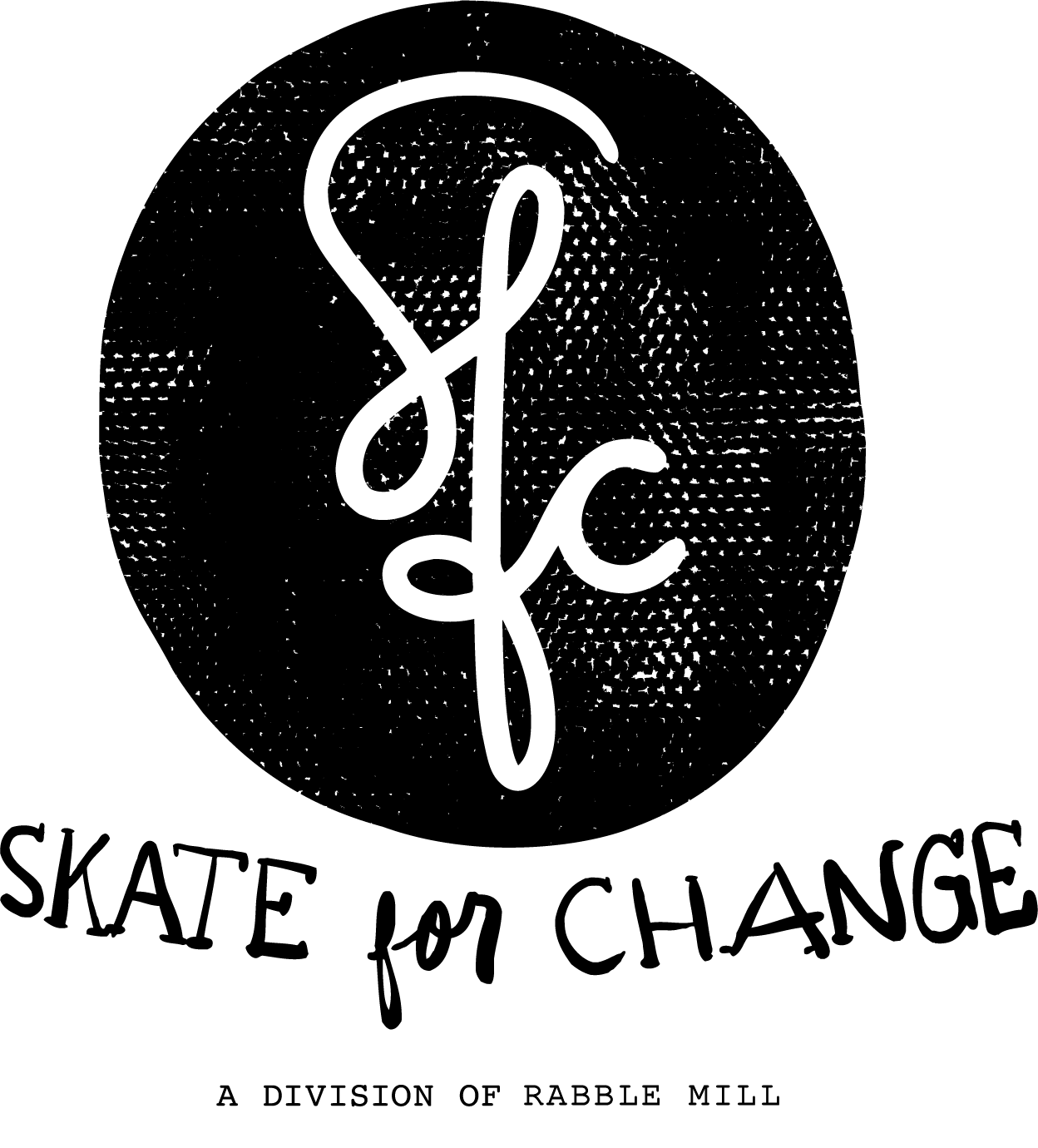CONTACT
We’d love to hear from you! Send an email to info@skateforchange.org and we’ll be in touch with you as soon as possible.
Please be sure to include your name and city along with your message.
Frequently Asked Questions:
Can I Skate for Change if I don’t skate?
Do I have to be 17 to Skate for Change?
How do I talk to people on the street?
Believing everyone has value means sitting down, coming to their level, not having an agenda, and not sticking cameras in their face. It means taking the time to connect as two humans.  The fact that you are reading about Skate for Change, starting a chapter, and reading this paragraph means you are probably a super amazing human. Just be yourself, be kind, use your discretion if a situation is unsafe, and always shoot us a dm or email with any questions you have! â¤ï¸
What is homelessness?
To make things worse, the lack of these resources may lead to loss of transportation or access to their income source; extending homelessness even longer. In addition, common stereotypes that homelessness is caused by the individual and that they should just quit drinking or “pull themselves up by their bootstraps†make for a constant uphill battle for agencies trying to end homelessness.
There is some hope though. Communities across the country are getting together to explore options and come up with strategies like the Housing First model. The goal of this is to get someone experiencing homelessness off of the streets as quickly as possible and once housed, focus on other needs which were mentioned before. Although this often takes months, and even years in some cases, communities have seen success by getting people housed quickly so they have the stability to be able to focus on their other needs.
While waiting for a housing opportunity, people need help with basic needs like water, food, clothes, personal hygiene items and much more. This is where outreach workers like ourselves and local Skate for Change chapters come in handy. Going out in the community and building relationships with people is the first step to getting them into services.â€
Cole Dickes and Matt Martinosky
Street Outreach in Lincoln, NE for CenterPointe

